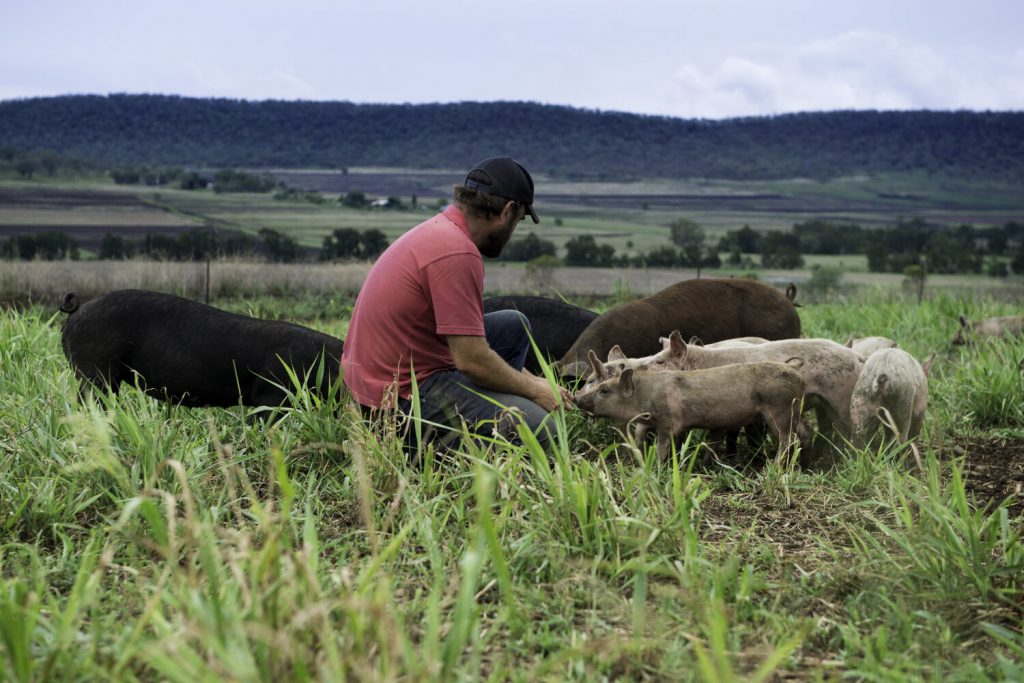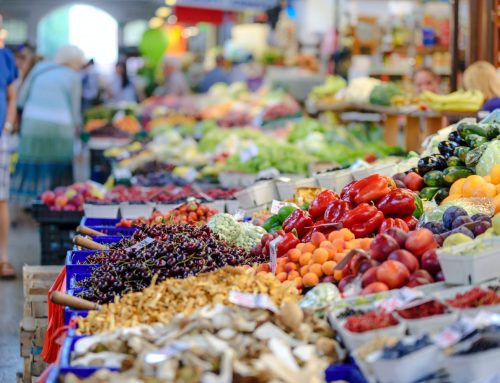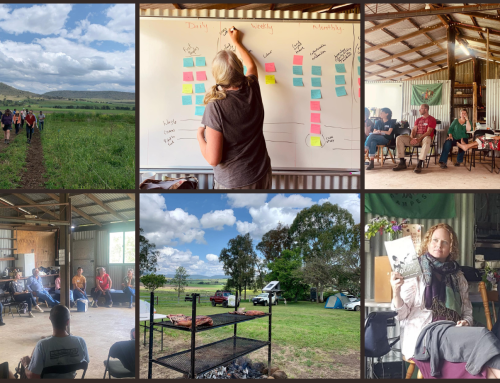The Issue
Producers in several regions have seen the closure of their local abattoirs in recent years, and have emphasised to the Australian Food Sovereignty Alliance (AFSA) the challenges this presents for their farms, including longer travel times to reach abattoirs, and difficulties finding a facility that meets their slaughter needs. Additionally, small-scale local abattoirs can offer significant improvements to animal welfare overall, as evidenced by the overwhelming public and institutional submissions into the federal review on animal welfare standards (poultry) – with over 167,000 submissions in total. Small-scale local abattoirs can provide far greater welfare outcomes for animals – shorter travel distances/times, less stress, smaller holding facilities, and especially where there is more farmer control (on farm or cooperative models).
Background
AFSA has been actively investigating slaughter options for small-scale livestock producers since 2017 (see our initial report Dead Local Meat: Building and Operating a Small-Scale Abattoir). We have hosted two Slow Meat Symposia (in 2017 and 2018), each of which included a half day Abattoir Roundtable with farmers, butchers, and abattoir operators from across Australia. We have another scheduled as an online session in early June.
While some have proposed mobile abattoirs as a solution, the entrance of Provenir on the scene in NSW and Victoria has demonstrated that this model is not viable for contract slaughter for small-scale farms who sell their meat directly to the public. Provenir buy animals (at this stage, cattle only) from small- to medium- scale farms who have historically sold their animals through the yards. They then slaughter on farm and sell the meat through their own brand at a premium price, justified through a branding exercise that Provenir sells ‘Australia’s highest welfare meat’. Unfortunately, a consequence of this development has been the shift of some consumers away from local small-scale farmers to Provenir, most of which still comes from farms in NSW. There are also concerns in the meat industry that this new competition could be the death knell of the few remaining small regional abattoirs who traditionally serviced these medium-scale farms. While AFSA lauds Provenir’s efforts to provide the highest welfare slaughter conditions on farm, their model does not support Victorian artisanal producers.
Solution
AFSA proposes that a mix of small-scale local and on-farm abattoirs present an important opportunity to support artisanal producers and the regional economy through local processing and value adding. A return to far more abattoirs that service small-scale farms in a small radius (20-50km) would dramatically increase the resilience of local economies in the face of future pandemics, as well as in the seemingly inevitable continued loss of medium-scale regional abattoirs to their modern large-scale industrial counterparts. Abattoirs owned and operated by farmers and their communities can escape the profit imperative of corporate models, and instead direct funds into regional jobs and community development, with the potential for a renaissance of associated industries (e.g. tanning, leatherworks, soap-making, more value adding of meat products, and of course local meat for local providores and restaurants).
The global food sovereignty movement has advocated for legislative, policy, and financial support for local value chain infrastructure for decades, and our long-expressed concerns at the vulnerabilities of long, highly-centralised supply chains have been repeatedly manifested over the series of COVID-19 lockdowns in Victoria and elsewhere. There really is no time like the present to show support for local food economies!
Barriers & International approaches
However, the regulatory requirements and costs for small-scale facilities are overly burdensome in relation to the risks they present, which are significantly lower than those posed by large-scale facilities. This applies especially around planning legislation.
A recent report by a parliamentary inquiry on animal welfare in the UK has outlined the challenges farmers face without access to local processing facilities and extensive benefits to small-scale farmers, animal welfare, and environmental outcomes from supporting the development of small-scale abattoirs. The issues and benefits are also highly applicable to the Australian context. One recommendation of particular note addressed planning issues in this way:
‘2.43 Government should consider low capacity abattoirs processing under 1,000 LSUs and running alongside other farming and processing activities being deemed agricultural buildings with respect to business rates and building control, subject of course to planning conditions necessary for local community protection.’
The Canadian province of British Columbia has also very recently introduced proposed legislation to ease the burden on small-scale livestock producers who slaughter small numbers of animals on farm for sale off farm, an initiative we are interested in discussing further.
Recommendations
- Amend the Victorian Planning Provisions to reduce regulatory burden on small-scale abattoirs commensurate with the low risk they pose to environment and amenity.
- Provide infrastructure grants to support construction of new small-scale abattoirs in regional Victoria. AFSA estimates that small-scale multi-species abattoirs can be built for between $150k to $200k.




